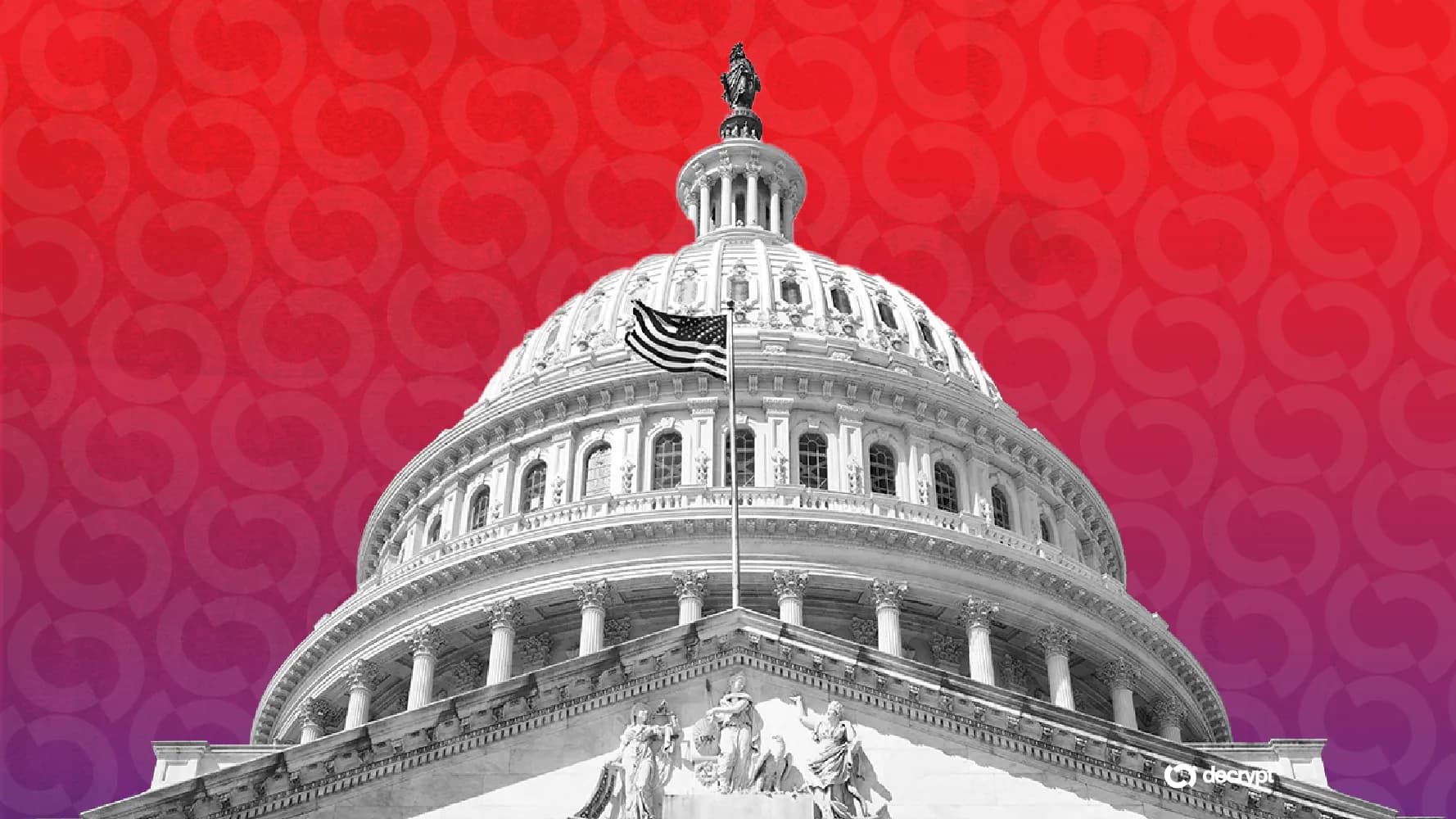US Labor Union Federation Slams Senate Crypto Bill as 'Facade of Regulation'

News Summary
The American Federation of Labor and Congress of Industrial Organizations (AFL-CIO) has strongly criticized the Senate's Responsible Financial Innovation Act, labeling it a 'facade of regulation' that would weaken worker and consumer protections. In a letter to the Senate Banking Committee, the labor federation, representing millions of American workers whose pensions and 401(k)s could be impacted, warned the bill allows the crypto industry to expand without sufficient oversight. Key provisions of the bill include permitting FDIC-insured banks to directly hold and trade crypto, and enabling tokenized securities to bypass SEC oversight. The AFL-CIO fears this exposes banks to heightened risk of losses and jeopardizes the taxpayer-backed Deposit Insurance Fund. Crypto industry representatives, however, dismissed the union's concerns, arguing the AFL-CIO is fighting an inevitable shift and that Bitcoin's volatility is declining, making its inclusion in retirement plans unavoidable.
Background
The Responsible Financial Innovation Act is a bipartisan cryptocurrency bill introduced by Republican Senator Cynthia Lummis and Democratic Senator Kirsten Gillibrand. It aims to establish a comprehensive regulatory framework for digital asset markets in the United States and has garnered significant support from the crypto industry, with proponents hoping to get it to President Trump's desk by the end of 2025. However, the bill faces strong opposition from labor organizations and some Democratic lawmakers. The American Federation of Labor and Congress of Industrial Organizations (AFL-CIO) is the largest federation of trade unions in the US, representing millions of American workers and their retirement savings. Its opposition, particularly as Senate Republicans push for a floor vote in November, could pose a significant hurdle to the bill's passage. Despite the AFL-CIO's stance, a recent framework backed by 12 Senate Democrats signals emerging bipartisan momentum for the bill.
In-Depth AI Insights
What is the likelihood of this bill passing under the Trump administration and its implications for the crypto market? The bill's path through the Senate is complex but not impossible, especially under a Trump administration that typically favors innovation and economic growth. Despite AFL-CIO's opposition, signs of bipartisan support (12 Democratic senators backing a framework) suggest room for compromise. - If passed, the bill would offer a clearer regulatory path for institutional and retail participation in crypto, potentially unleashing significant capital inflows. - Allowing FDIC-insured banks to directly trade and hold crypto could dramatically enhance the legitimacy and trustworthiness of crypto assets, likely driving up prices. - However, if perceived as under-regulated, the bill could attract more speculative capital, increasing market volatility and potentially manifesting the very risks the AFL-CIO is concerned about. What underlying motivations might be driving the AFL-CIO's opposition, and how might this impact the bill's long-term prospects? The AFL-CIO's opposition likely extends beyond immediate concerns for workers' pensions, reflecting broader political and economic strategies. - This could be a battle for control over the future of finance: entrenched interests in traditional finance (channeled through union influence) seeking to slow the rise of disruptive crypto forces. - Unions may also fear that unregulated crypto investments could divert funds from traditional retirement vehicles, weakening their bargaining power and influence over members. This goes beyond mere risk management to power dynamics. - In the long term, AFL-CIO's opposition might force amendments to the bill, integrating stronger consumer protections and institutional oversight, thereby shaping a more constrained but potentially more sustainable crypto market, even if it eventually passes in a modified form. The crypto industry's dismissal of union concerns reveals what strategy and potential blind spots in the regulatory debate? The crypto industry's framing of the AFL-CIO's concerns as fighting an 'inevitable shift' reveals a strong conviction that digital assets will ultimately dominate the financial landscape, but also potential strategic blind spots. - This viewpoint may underestimate the persistent influence of traditional institutions and political lobbying efforts in shaping regulatory environments, particularly when millions of American workers' retirement savings are at stake. - The industry's insistence on Bitcoin's declining volatility, while supported by some data, might fail to adequately address public perception of the inherent risks in crypto markets, especially given past dramatic swings. Such wishful thinking can be counterproductive when facing genuine regulatory concerns. - Their strategy appears to be one of emphasizing the 'inevitability' of progress and innovation, but it risks overlooking the necessity of building trust through stronger consumer protections, which is crucial for widespread adoption and long-term stability.